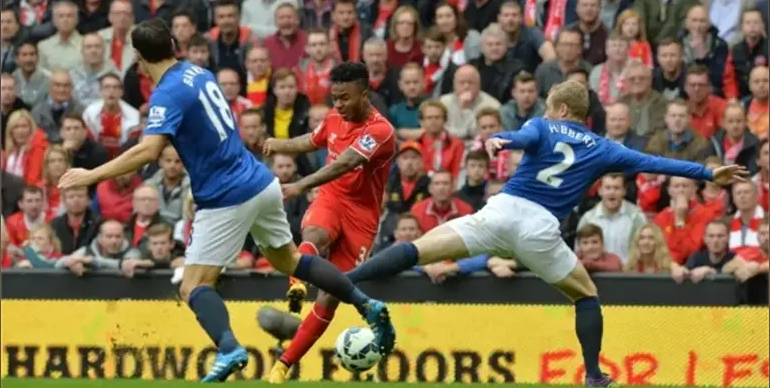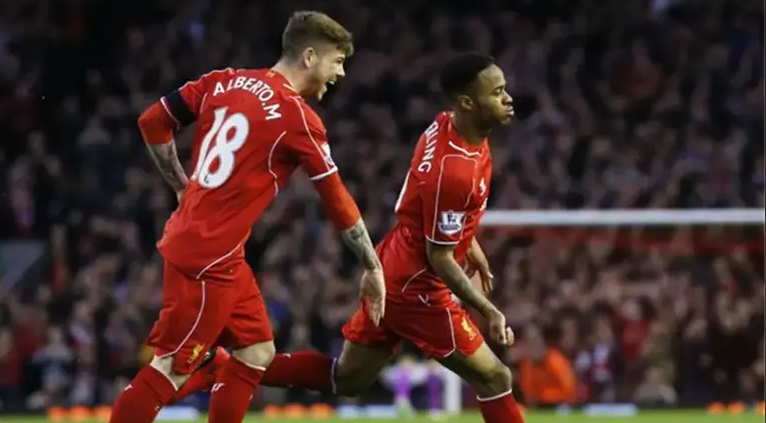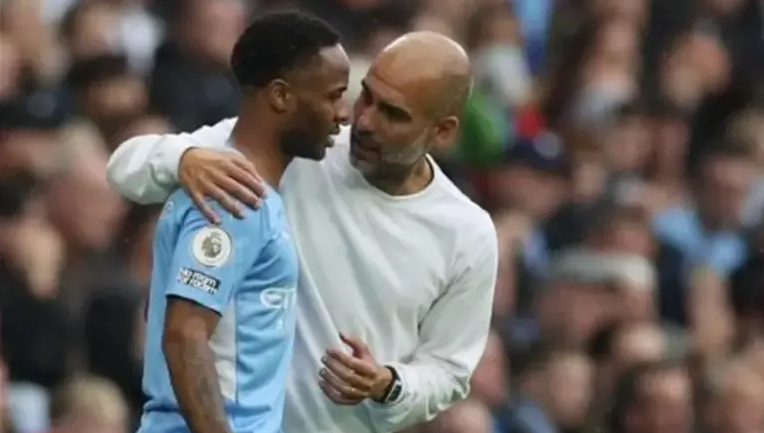
Raheem Sterling was born on December 8, 1994, in Kingston, Jamaica, into a poverty-stricken family. His father was killed in a shooting, and his mother moved the family to England to survive, working grueling odd jobs to make ends meet. With little parental supervision, Sterling grew up unruly, constantly getting into trouble. A school teacher once remarked: "At 17, this kid will either be in jail or playing for England."
The comment perfectly captured his contradiction—a clash between extraordinary talent and a troubled character. As a teenager, Sterling was already a recognized prodigy, cherished by Queens Park Rangers and swiftly snapped up by Liverpool. In March 2012, aged just 17, he made his Premier League debut, quickly securing a spot in the starting lineup with ample attacking responsibilities and a lucrative £40,000 weekly wage.

Yet, Liverpool’s investment was met with betrayal: Sterling refused to renew his contract, publicly belittled the club, and even went on strike during crucial transfer negotiations—effectively helping suitors drive down his price. A helpless,Liverpool had no choice but to sell him to Manchester City.
Sterling struggled under Manuel Pellegrini at City, only thriving after Pep Guardiola’s arrival. Even Manchester United legend Gary Neville acknowledged: "Sterling’s rise is thanks to Guardiola." But Sterling publicly dismissed the claim as "disrespectful," revealing his arrogance. Worse, he erupted in a row with Guardiola over a brief spell on the bench, storming out and ignoring the manager’s pleas to return. Despite this, Guardiola still fielded him in the Champions League final, where Sterling squandered a key chance, leaving his mentor heartbroken. Eventually, he refused to renew and demanded a loan move to Barcelona, prompting City to offload him to Chelsea.

Sterling’s decline at Chelsea didn’t deter Arsenal’s Mikel Arteta, who claimed he "knew after 10 seconds of talking" he wanted to sign him. But at Arsenal, Sterling’s drive vanished; reports of subpar training performances confirmed Arteta’s mistake. After his loan, he returned to Chelsea, where his place in the squad had long vanished.
Sterling’s career isn’t over, but his talent has been overshadowed by his character. Once a promising English star, he has all but engineered his own exile from top clubs.




